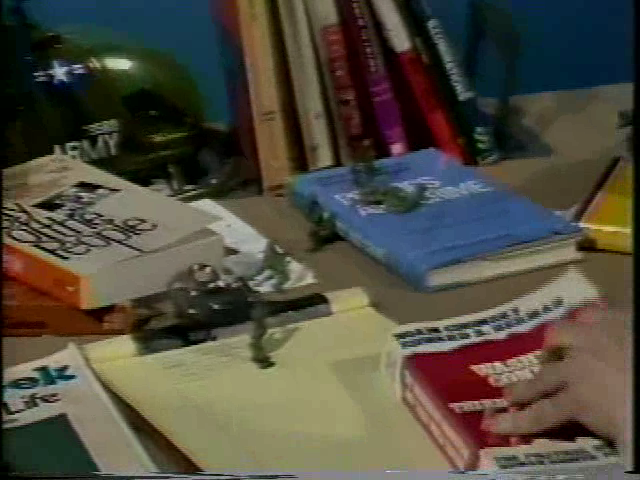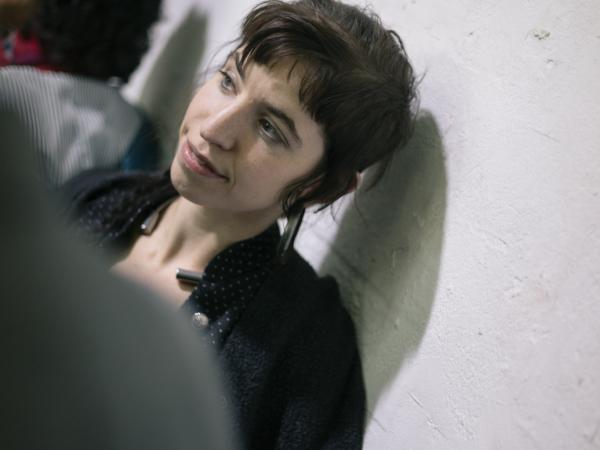Looking at the shifting landscape wherein we interact, how knowledge is formed, and in what ways thoughts are exchanged, there is no doubt that art has played a crucial role in the beginning of the 21st century in the formation of a critical space where the circulation of images, experience and information can be questioned, contested, and depicted. It is in this space, where the document and similarly representations of events are increasingly distrusted, which leads to 'that which is given' to be further disassembled in the search for the bare components of information – ideology, subjective expression, and conjecture.
At this ground zero of the construction of the image and information is where we find both the artist and the censor. In fact it is the artist as producer, curator and critic that establishes the unique position from which observation and intervention can be enacted. As the censor labors to manage the arrangement of these components, it is increasingly the task of the artist to identify, expose, and question these new arrangements.
Martha Rolser provides an exemplary case of such an artist whose has tirelessly pioneered modes of critique, disassembly and production. In this comprehensive work Rosler documents the construction of a culture of fear, sifting through layers of documents she re-presents the media as a series of images in this discursive montage.
The work opens with an article by conservative philosopher Michael Levin that argues for justified use of institutionalized torture in cases which would supposedly save lives. A number of hypothetical situations are proposed, for example, a supposed terrorist is in custody and holding a city hostage with a nuclear device. In this overly simplified account Levin argues that it would be a moral necessity for the interrogators to use all means possible to extract information from him to stop the attack. The argument distills down to the question, “would saving millions of lives be worth the torture of a single individual?”
Over the course of the video, Rosler sets out to confront this proposition and expose its underlying assumptions. She narrates her position, intermixing her voice with a multiplicity of audio from speeches and papers. Her claims are accompanied by an exposition of information, clippings, articles, texts and reports that provide a barrage of visual footnotes. The collection of information here is handled as tangible element, items presented one by one as evidence placed before the jury. Rosler's reading not only addresses the ethical problem of torture also presents a concrete history of its use in Latin America and elsewhere, peeling away the sanitized surface of the debate to reveal the actual effects of such a policy on individuals and communities.
The work exposes ideology embedded in the quotidian flow of information as well as its aims and sustaining structure. The media landscape and its inherent predispositions are discussed here in the context of the cold war, however she manages to transcend the historical moment and video still resonates strongly in the post 9/11 landscape. Despite the radical realignment of the operation of how information is managed and consumed, the momentum of such ideology and its many sustaining organs have yet atrophy.
The strategies at work in this video can be seen as a toolbox for “Producing Censorship” providing instruments for the disassembly and production of future works.









Comments 6
Thank you!
Gabriele
Scusate, mi è venuto naturale.
Say something